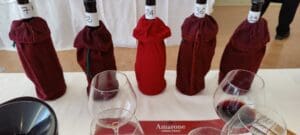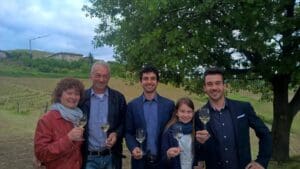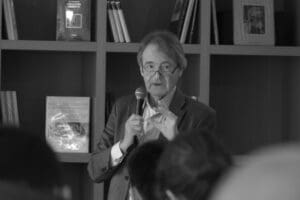Two weeks ago, I published my new concept workshop that focuses on answering consumers’ questions. At its infancy stage, I had chosen to only announce via Twitter. The same day evening, I hosted the first workshop titled “Recognising common wine styles”, and despite a small turnout, my message of learning through experience was positively delivered. Over last weekend, an email newsletter came in with the keyword, “Wine Experience” (actually it reads “experiences” in this case.) Wow, someone is thinking just like me!
I read on and found the style of message similar to mine.
Marketing the workshop to answer consumer questions and present contrasting wines for comparison. Although it doesn’t take a genius to design workshop, and the substance in the email differs from mine, the essence and email tonality is too similar to be disregarded. Coming from an established hotel makes me even less impressed since they can only do as good as a small independent setup like mine. For now I will assume this matter as highly unlikely yet probable coincidence. Still, where is the innovation?
Product-centric industry lacks innovation
With all the fermented grape juice flowing in their cognitive system, one would thought industry players are creative and liberal with their approaches to wines. Two years ago, I wrote about subscription models being a new thing. Two years after, people are still talking about implementing this model as if it is still a new thing. That bandwagon left two years ago, and now all we have is a kettle of vultures circling on decayed meat.
Last month an article published on Todayonline described Singaporeans as “harried leisure class.” Based on the Leisure Class theory by Thorstein Veblen, consumers want to be members of a higher earning class. One method of creating this perception of higher earning class is by conspicuous consumption of premium goods. Yet in the case of a harried leisure class, time is a scarcity resulting in people wanting fast gratification. There is little time to think.
To further testify to this behaviour, several times I have seen customers walked into retail shop asking for a wine which was not available. Before an alternative was proposed, the customer had already scurried off. Is there no alternative for the wine? Or is the customer so pressed for time, they cannot stop and listen? This fixated behaviour to buy one product appears to me as an effect of product-centric marketing. The resulting effect is reduced likelihood to close sales with viable alternatives.
Deliver an experience instead of a product
Recently I learned of two examples of experience-centric approach. WINE RVLT is Singapore’s first wine bar that focuses on natural wines. The business launch was well-timed as consumers are increasingly aware of organic agriculture along with low-or-no sulphur added wines. I do not know if natural wines will eventually be a past, but the name of this wine bar sounds like they intend to evolve as time goes on. At Dempsey, The White Rabbit has forty-seven wines served by glass which gives consumers a chance to taste wines that less likely to sell as a bottle. With a good rotation of wines, why wouldn’t consumers want to come back?
So this is my punchline. Make consumers remember an experience, but not to impress them with one wine label.




